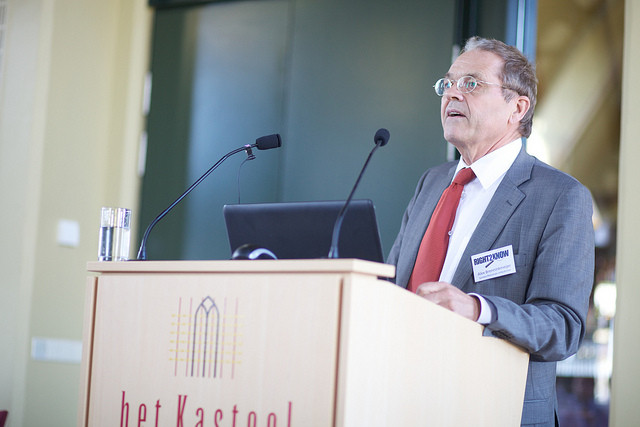That’s according to a European Court of Auditors report released this week (PDF).
The scientific journal Nature said on 7 November:
“The EU’s framework programmes--worth tens of billions of euros--are an important source of European research funding, but many scientists have been frustrated with the bureaucracy involved in applying for and managing grants.”
The European Commission sought to address that frustration with its “Horizon 2020” programme, which provides €76.4bn in funding between 2014 and 2020.
The ECA said the commission’s “Common Support Centre” had led to a more “coherent” approach to handling applications.
Alex Brenninkmeijer, the ECA member who led the audit, said in a press release on 6 November (PDF):
“The process of obtaining a grant is now made more accessible for a larger population of researchers, but the Commission can still improve its support by making more effective the various interface tools, such as the helpdesk function and National Contact Points.”
The ECA also recommended other improvements, such as more experimentation with the use of “lump sums”, “making greater use of two-stage proposal evaluations” and “further simplify tools and guidance for SMEs”.
In its reply, published with the report, the European Commission accepted several of the recommendations, and stated:
“The proposals for the next generation of programmes will further facilitate synergies between the EU Research Framework Programme, the ESIF and other EU programmes, and national and Regional Programmes.”
The European Court of Auditors, based in Kirchberg, checks that EU funds have been spent in line with EU rules.
